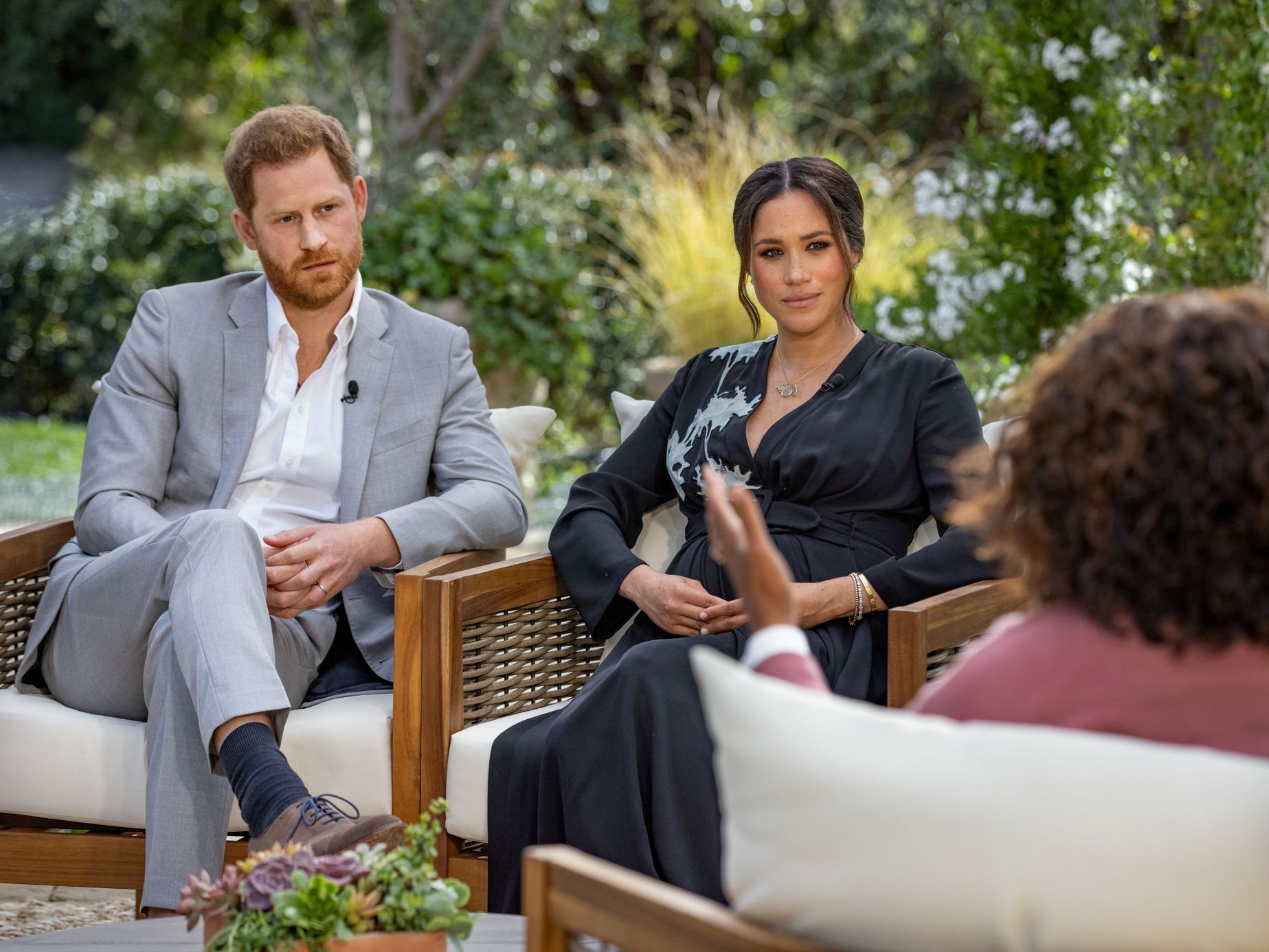After their explosive conversation with presenter Oprah Winfrey, British Prince Harry and his wife Meghan’s popularity with the British public dropped to the lowest level during the measurement period. That’s according to a survey by YouGov. The perception of the remaining members of the royal family and the monarchy as such was hardly affected.
In a widely discussed interview, Harry and Meghan talked about the reasons for leaving Britain. Meghan, who is of racially mixed descent, complained in an interview, among other things, that an unnamed member of the royal family asked how dark her son could be when he was born. She also said that intense pressure from the environment and the media drove her to suicidal thoughts.
While in the period before the interview the couple’s popularity increased slightly, after its broadcast it dropped to the lowest level so far. Harry’s popularity has fallen by 15 percentage points since March 2, according to survey For the first time in the UK, YouGov has more people who see it negatively than those who sympathize with it. A similarly negative trend is evident in Meghan, who, however, was unsympathetic to more than half of the British before the interview.
Opinions on a pair of members of the British royal family vary considerably depending on the age of the respondents. Nearly 60 percent of respondents between the ages of 18 and 24 said they liked Harry. In the case of Meghan, it was 55 percent. A completely different picture is offered by the category of people over the age of 65, where only 27 percent of respondents expressed support for Harry. Only 13 percent of respondents in this age group currently like the Duchess of Sussex.
The company’s data also show that the information published in an interview with Winfrey did not affect the popularity of other members of the royal family. The only exception is Harry’s father, Prince Charles, who is rated negative by 42 percent of Britons in the latest research. At the beginning of March, it was only 36 percent. Harry told his father in an interview that he had stopped picking up the phone and left him in a difficult situation.
According to YouGov, the conversation did not have much effect on the perception of the British monarchy as such. 63 percent of Britons believe that Britain should remain a monarchy. In October last year, it was 67 percent. Only slightly – from 21 to 25 percent – the number of those who would prefer an elected head of state has risen.
– .


